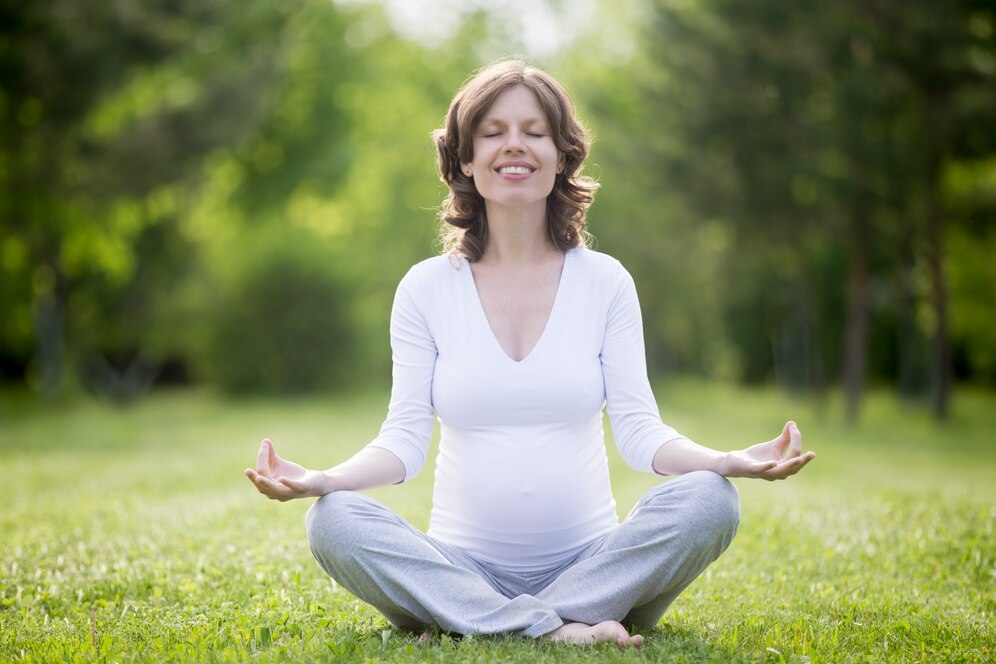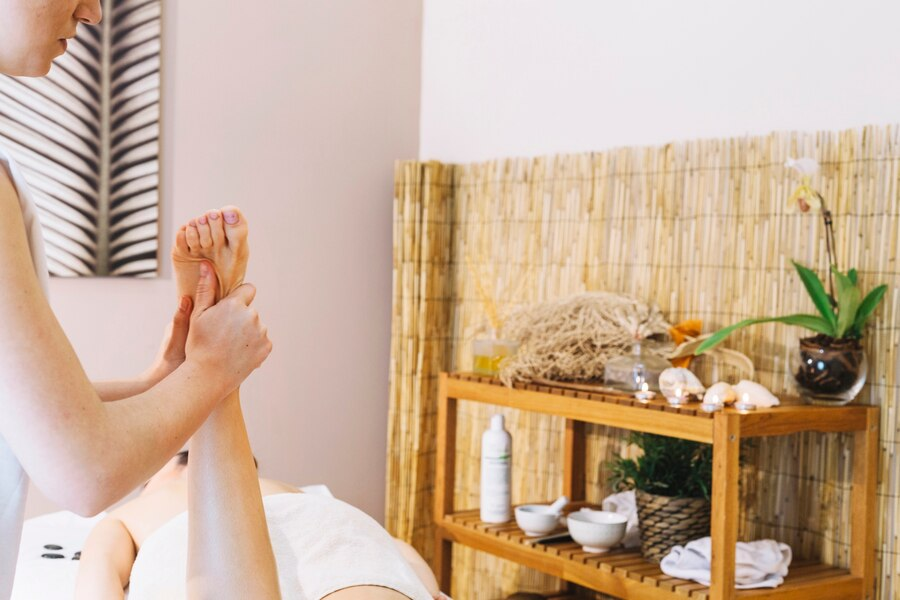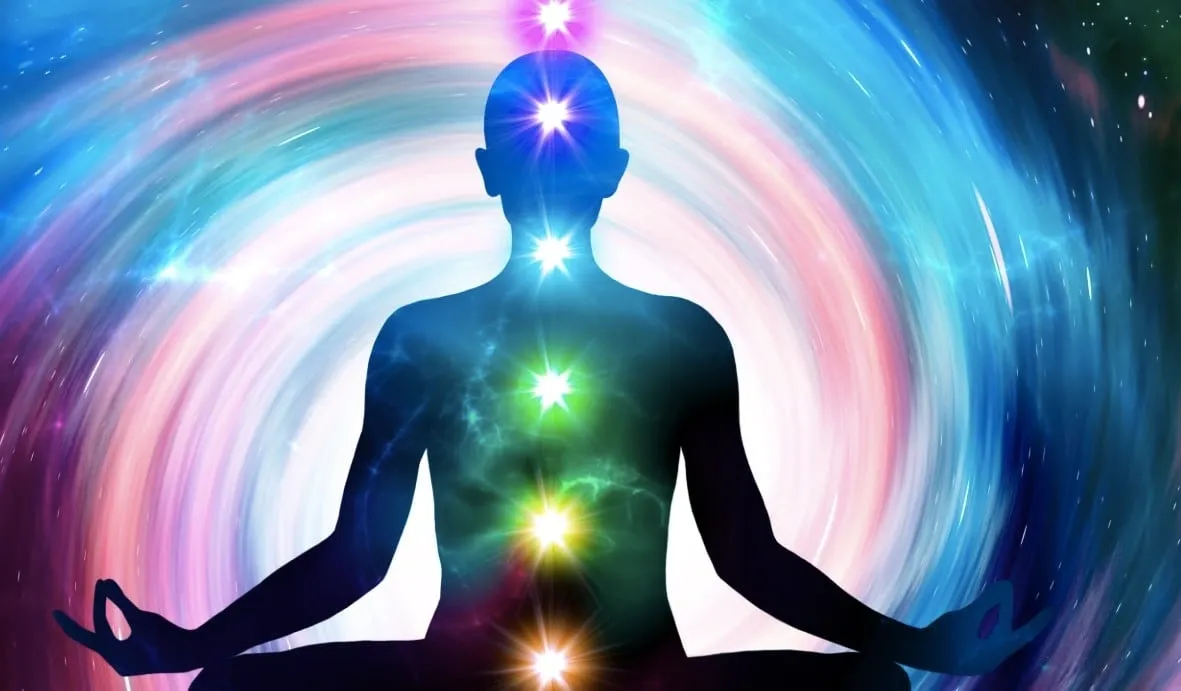Discover Your Perfect Healer Today!
Our online practitioner directory connects you with a wide range of healers to suit your unique needs.
Easily search and find the right professional to support your wellness journey.
Start exploring today to find your perfect match.
Modality
Disease
Books
Products
Events
Training
Blogs
Meditation
Addressing Critics: Challenges and Controversies of Meditation
Generally, along with this utilization of meditation comes a level of understanding of its benefits for emotional as well as mental stability. Yet, not everyone ...
Read More → Written by
John Smith
Aesthetician
Top Benefits of Getting an Aesthetician Treatment
Aesthetician treatments are great for skin and general health benefits and are not restricted to aesthetic interest in beauty only. Whether one attends to certain ...
Read More → Written by
James Williams
Nutritionist
Unraveling the Role of a Nutritionist: Your Guide to Better Health
A nutritionist is a person who is trained in food and nutrition sciences as well as their relation to health. They work with individuals by ...
Read More → Written by
John Smith
Integrative Medicine
Integrative Medicine: Risks and Safety Precautions
Do you wish to take up holistic treatment whenever you are unwell? It is true that integrative medicine has a number of advantages but risks ...
Read More → Written by
David Brown
Reflexology
Reflexology Techniques: Methods for Holistic Health and Healing
Reflexology has become one of the most widely embraced practices among members of the holistic health care delivery system. It is one of those old ...
Read More → Written by
John Smith
Reiki Healers
Healing Touch: Can Reiki Complement Christian Beliefs
In the world of alternative medicine, Christians have been questioning Reiki as a way to heal their bodies holistically. They want to know if this ...
Read More → Written by
John Smith






